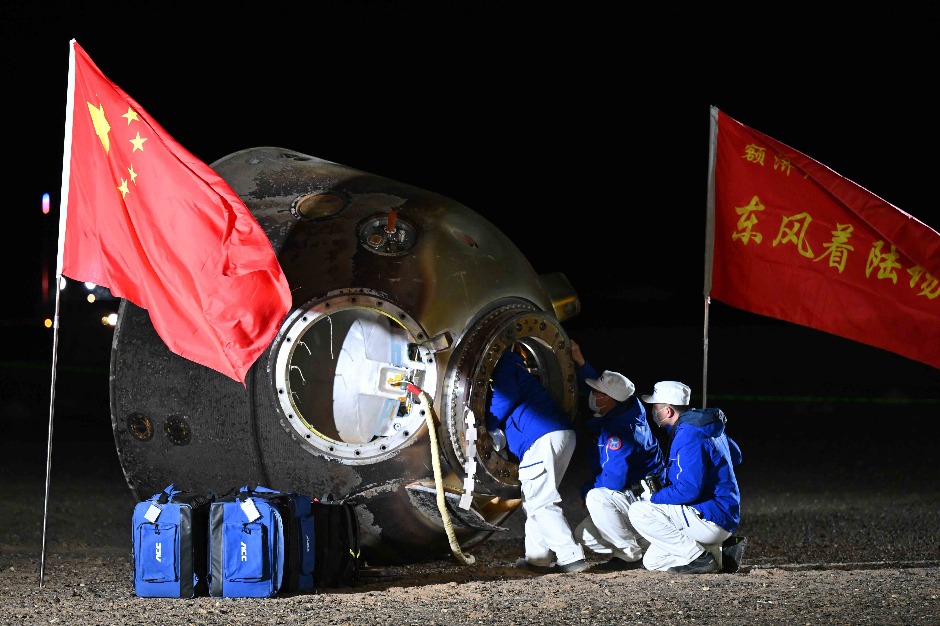Expo a fitting reply to China baiters, and a means to boost common development: China Daily editorial


The 7th China International Import Expo being held in Shanghai from Tuesday to Sunday is one of the endeavors of the world's second-largest economy to advance high-standard opening-up and share the dividends of its superlarge market with the world.
Compared with seven years ago when the first CIIE was held as China's response to the rising protectionism and unilateralism in the world, the global economy today faces monumental challenges due to the major shocks, such as the conflicts in Eurasia and the Middle East, the world has had to endure.
The charm and attraction of the Chinese market, reflected in the wide appeal of the CIIE, which this year has drawn about 3,500 exhibitors from 129 countries and regions, demonstrate that in a world of uncertainties, China remains committed to providing certainties and helping the global economy recover by advancing high-standard opening-up, and working with like-minded countries to boost common development.
Not only the scale but also the quality of the exhibitors taking part in the CIIE has steadily enhanced since the first CIIE was held, as more and more new technologies, products and services have emerged in the intervening years. A special draw of this year's expo is the series of new materials, artificial intelligence applications, information technology and green products on display.
As a global manufacturing base, logistics hub, investment destination and a superlarge market, China's demands reflect the trends of the global industry and supply chains, making the annual import expo, the largest of its kind in the world, difficult for multinational corporations to ignore.
That explains why, despite the "decoupling" and "de-risking" efforts of the United States administration and some other Western governments, Western multinational corporations, which have a better understanding of the market than their governments, continue to engage with China and benefit from it. These corporations, given their dependence on overseas profits, have not only refused to withdraw from the Chinese market but also expanded their businesses and/or increased their investments in China. In fact, Western companies have been the major players in the CIIE right from the beginning.
Yet the expo is not only a magnet pulling companies from developed and emerging market economies that are interested in the Chinese market but also a venue where companies, governments and organizations from less-developed countries, including African countries, can exhibit their agricultural produce and other products.
As part of China's efforts to further open up its economy to less- and least-developed countries, thereby contributing to the Global South's development, the CIIE has become a platform for boosting common development, and a global public good shared by the world.
China today is the main trading partner of more than 150 countries and regions. The total value of China's goods trade has been the highest in the world for seven consecutive years and the scale of its service imports and exports the second-largest for nine consecutive years. In 2023, China's outward direct investment added up to $177.29 billion, accounting for 11.4 percent of the global total and ranking among the top three in the world for 12 straight years. These figures are a fitting reply to those forces that have been seeking to isolate China from the rest of the world in recent years.
The CIIE has shown the world that an increasing number of parties are realizing the huge development opportunities and dividends the Chinese market has to offer. More importantly, it proves that no country can ignore the benefits of the international division of labor, and strengthening, instead of disrupting, the global industry and supply chains — and no country can benefit by building barriers to block the flow of production factors and pursuing de-globalization.
































